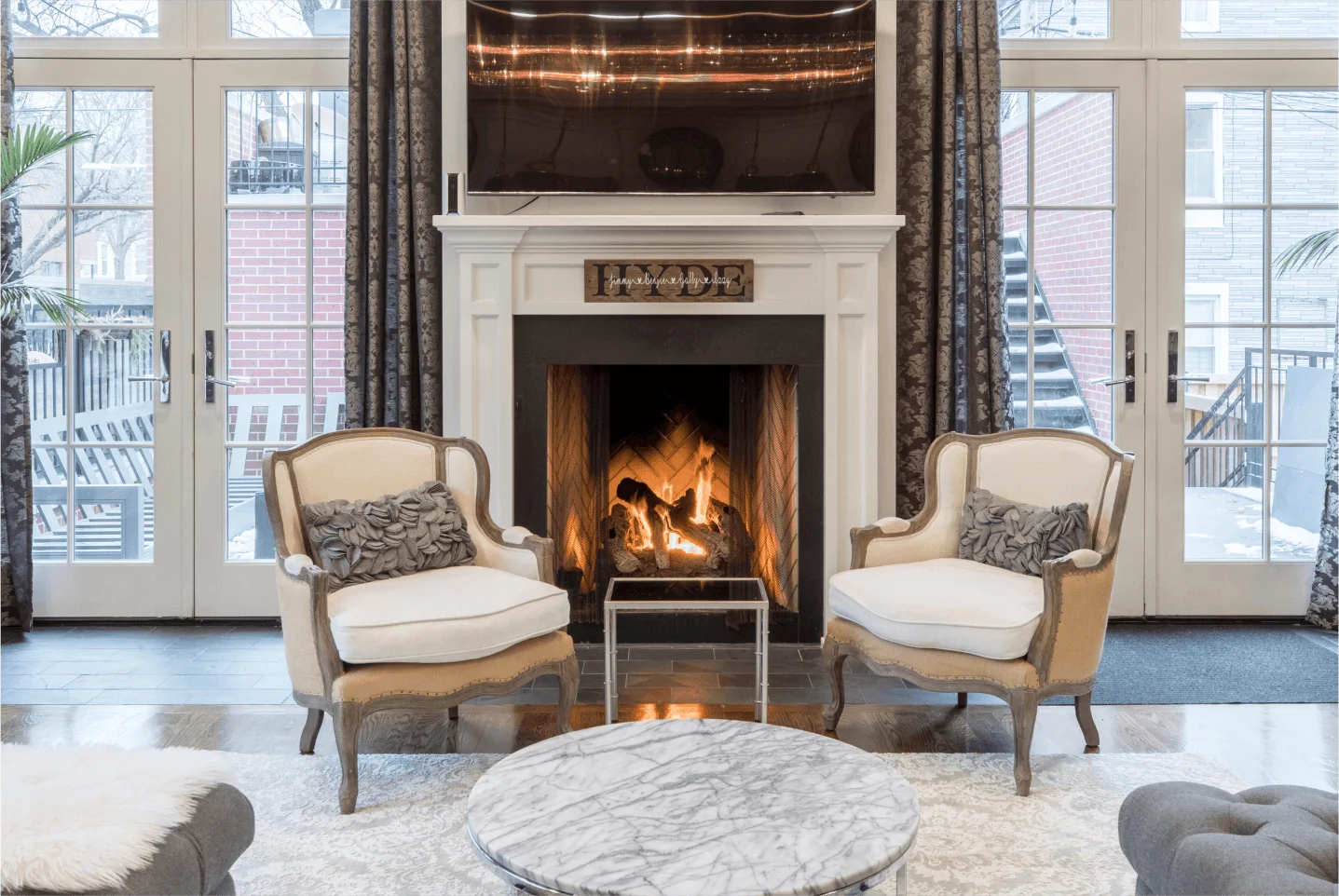Make the Right Choice: Buying vs. Renting Made Simple for You
Are rising rents leaving you frustrated? Discover clear insights that can help you weigh the benefits of buying a home against renting. Take charge today!

When it comes to finding a place to live, you often face a big decision: should you buy a home or rent one? This choice can significantly impact your finances, lifestyle, and future. Let's explore both options in detail, helping you understand what might work best for your situation.
First, let’s talk about renting. Renting can feel like the more flexible option, especially for those who are not ready to settle down or who want to try out a new area. When you rent, you typically sign a lease for a specific period, often one year. This gives you the freedom to move if your circumstances change, such as a new job or family needs.
One of the main advantages of renting is that it usually requires a lower upfront investment. You often only need to provide the first month's rent and a security deposit, which is significantly less than the down payment you’d need when buying a home. Plus, as a renter, you don’t have to worry about maintenance costs, property taxes, or homeowners insurance—all expenses that come with owning a home. This can make budgeting easier, as your monthly rent is often your only housing expense.
However, while renting has its perks, it also has downsides. When you rent, you are not building equity. This means you won’t have an asset that can increase in value over time. Additionally, you may face rent increases each year, and you have limited control over your living space. Your landlord may place restrictions on how you can customize or improve your home. It might feel like you’re putting money into someone else’s investment rather than building your own.
Now, let’s look at buying a home. For many, purchasing a home is a significant milestone and a symbol of stability. When you buy a house, you are making an investment in your future. Each mortgage payment you make contributes to building equity, which can grow over time as property values increase. Moreover, homeownership can provide you with the freedom to make changes to your living space—like painting the walls or remodeling the kitchen—without needing anyone’s permission.
However, buying a home does require more upfront funds, including a down payment and closing costs. You’ll also need to budget for ongoing expenses like property taxes, insurance, and maintenance. Home repairs, such as fixing a leaky roof or updating an old furnace, are also your responsibility as a homeowner. These costs can add up, and unexpected repairs can sometimes strain your budget.
So, how do you decide which option is right for you? Here are some important factors to consider:
1. **Financial Situation**: Take a close look at your finances. Do you have enough savings for a down payment and other costs associated with buying a home? If your financial situation is stable and you have a steady income, buying might make sense. If your finances are tight, renting may be a more manageable option.
2. **Long-Term Plans**: Consider where you see yourself in the next few years. If you plan to stay in the same area and want to settle down, buying a home could be a good investment. However, if you’re unsure about your long-term plans—maybe you’re still in school, or you expect to change jobs—renting could offer the flexibility you need.
3. **Market Conditions**: Take a look at the housing market in your desired area. Are homes appreciating in value? If the market is favorable for buyers, it might be a good time to purchase. If prices are high and likely to drop, renting may be the safer route for the time being.
4. **Lifestyle Preferences**: Think about your lifestyle. Homeownership often comes with more responsibilities, while renting can offer more freedom to travel or relocate. If you enjoy the convenience and flexibility of renting, that’s worth considering.
5. **Personal Goals**: Reflect on what’s important to you. Is home equity a priority? Would you rather have more disposable income for traveling or hobbies? Understanding your personal goals can help clarify which option aligns more closely with your aspirations.
Once you've thought through these factors, it might be helpful to discuss your specific needs with a knowledgeable mortgage loan officer. They can provide tailored guidance based on your financial situation and goals.
If you are leaning towards buying a home, consider reaching out to our experienced team. We can help you understand the various mortgage options available and guide you through the process. Our loan officers are dedicated to ensuring you feel confident and informed every step of the way.
If renting seems more suited to your current lifestyle, we can still provide valuable insights into budgeting and long-term planning to help you reach your future homeownership goals.
Don’t hesitate to get in touch with us. We are here to support you in making the right choice for your living situation. Reach out today to discuss your options and take the first step toward your housing journey!